Amazing China (2018)
Género : Documental
Tiempo de ejecución : 1H 30M
Director : Tie Wei
Sinopsis
A propaganda documentary film for the Communist Party of China.
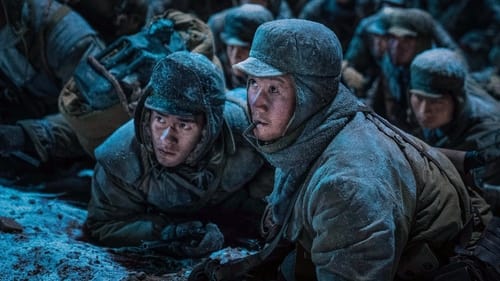
Los soldados chinos ganaron la batalla en el lago Changjin, también conocida como la batalla del embalse de Chosin, en condiciones climatológicas extremas. La lucha entre Estados Unidos y China, que tuvo lugar desde el 27 de noviembre al 24 de diciembre de 1950, es considerada como una de las batallas más violentas de la Guerra de Corea.

Secuela de "The Battle at Lake Changjin" que se centra en los soldados del CPV (Chinese People's Volunteers) en una nueva misión crucial para vencer a las tropas norteamericanas.
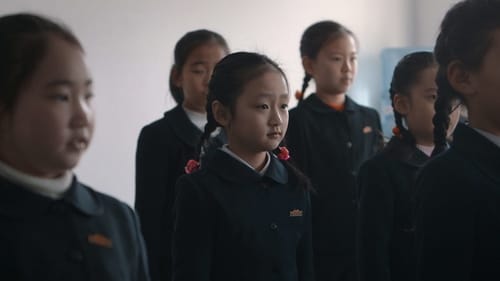
Durante un año esta película sigue la vida de una familia normal de Pyongyang cuya hija es elegida para formar parte de la "Unión de Niños". Las explosiones ritualizadas de color y alegría contrastan marcadamente con la pálida realidad cotidiana, que no es particularmente terrible, sino bastante surrealista, como una vida típica vista "a través de un espejo".

Documento que muestra como sucedieron los acontecimientos y el porqué del desastre nuclear de Chernobyl.

Documental que narra la situación de la central nuclear de "Chernobyl" y de los planes de construir un nuevo muro de contención para la misma.

Para su primer filme sonoro, Vertov tenía un propósito radical: explorar el sonido directo y sus posibilidades expresivas como nadie lo había hecho. Entuziazm es una obra única en la que los sonidos (en particular los industriales) dialogan con voces y músicas.
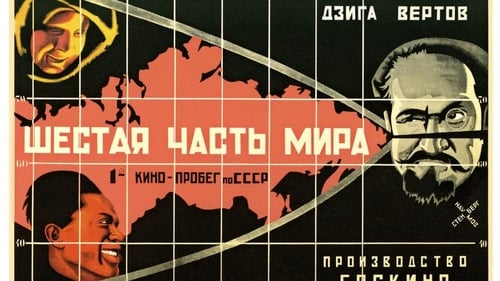
Through the travelogue format, it depicts the multitude of Soviet peoples in remote areas of USSR and details the entirety of the wealth of the Soviet land. Focusing on cultural and economic diversity, the film is in fact a call for unification in order to build a "complete socialist society".

After many adventures, young female switchboard operator starts a love relationship with a serious young man. But while he's away on business, she gets lonely and succumbs to her colleague's passes.
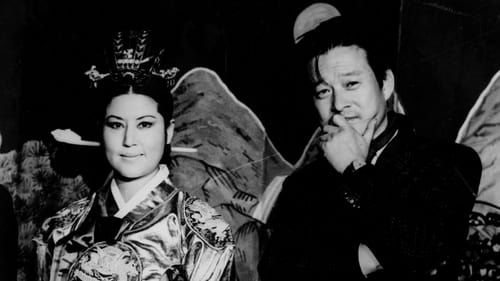
Hong Kong, 1978. La actriz surcoreana Choi Eun-hee es secuestrada por agentes norcoreanos siguiendo órdenes del dictador Kim Jong-il. Su exmarido, el director de cine Shin Sang-ok, emprende su búsqueda, pero poco después también él es secuestrado. En 1983, después de vivir años de tribulaciones, Kim Jong-il los pone al frente de la industria cinematográfica norcoreana con la esperanza de obtener reconocimiento internacional.
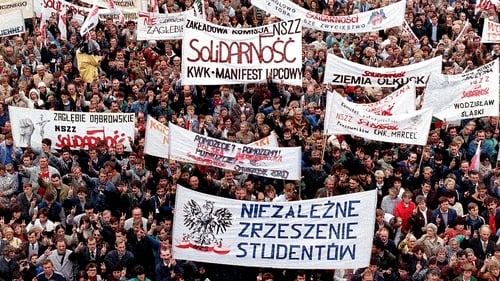
Gdańsk, Poland, September 1980. Lech Wałęsa and other Lenin shipyard workers found Solidarność (Solidarity), the first independent trade union behind the Iron Curtain. The long and hard battle to bring down communist dictatorship has begun.

Commissioned by the Moscow Soviet as a documentary and information film for the citizens of Moscow prior to municipal elections, film is a tableau of Soviet life and achievements in the period of reconstruction following the Civil War of 1917-1921.

The first animated movie made in the Soviet Union, it portrays a bloated caricature of a Capitalist devouring a massive heap of food and drink.

A propaganda documentary film for the Communist Party of China.

An army nurse exposes plots by anti-party, counter-revolutionary factionalists, despite threats to her life.

The film is dedicated to the achievements of the Ukrainian SSR for the eleventh anniversary of the October Revolution.

No one knows why for certain, but from 1968 to 1973 communist Albania enjoyed a brief liberalisation in the arts. Banned books and Beatles records changed hands. Albania’s Nobel-nominated novelist Ismail Kadare wrote two of his most famed masterpieces, Kështjella (The Castle) (1970) and Kronikë në gur (Chronicle in Stone) (1971) during this period. The rock'n'roll and jazz arrangements featured in this concert documentary were the pretext that brought about the end to the artistic thaw. Several performers seen in the festival were sent to prison or internal exile. The portly, smiling music conductor, Gasper Çurçia, was later accused of forging bus tickets and executed.
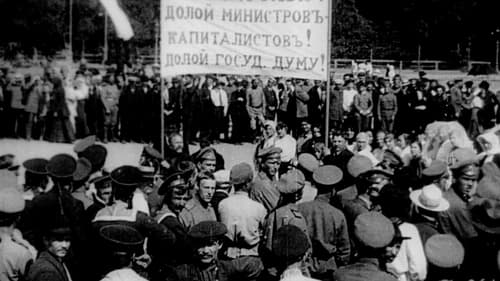
Crónica de la Revolución rusa de 1917, desde la revolución democrático-burguesa de febrero hasta la gran revolución socialista de octubre y el triunfo final.

As the Communist Party of China celebrates its 100th anniversary, this documentary looks back at the party’s history, from the 1920’s, to the Civil War, the Great Leap Forward, the Great Famine, the Cultural Revolution and the reforms by Mao Zedong and Deng Xiaoping. Did the Great Famine cost more than 15 million lives? How does the Cultural Revolution continue to shape Chinese politics today? What was capitalism like after Mao’s death? Through rare and never-before-seen historical footage, expert interviews and eyewitness accounts of the Great Famine, Tiananmen incident, and the Cultural Revolution, get to know how one party has so profoundly shaped China.
















